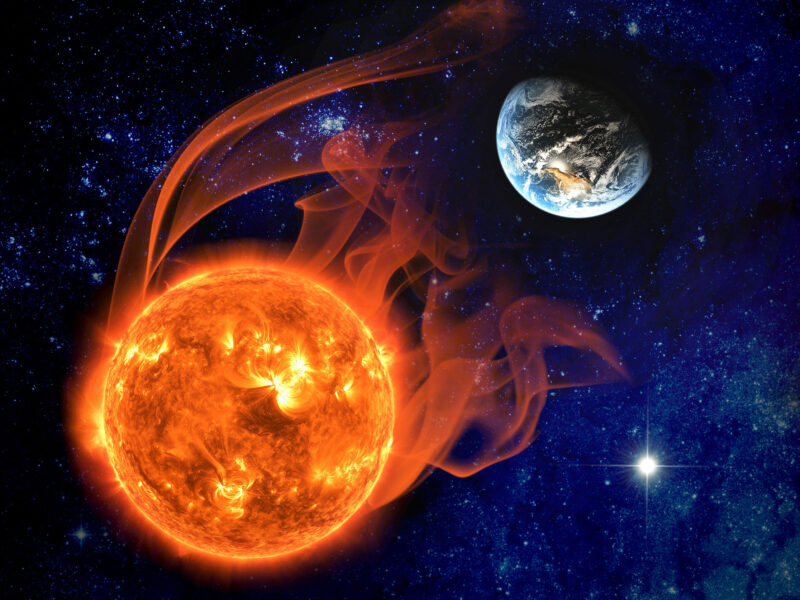By Dr Willie Ong (Internist and Cardiologist)
Is Cold Water Bad For You?
I don’t think so. According to questionable sources, cold water can cause fats to solidify in the stomach causing cancer. Scientific scrutiny shows this to be false. By the time food reaches the stomach, the food has already normalized to one’s body temperature. In addition, cold water will slowly be heated as it passes through our mouth, throat and esophagus.
On the other hand, some studies show that drinking very cold water (4 degrees centigrade) may cause stomach discomfort and cramping in some people. This is especially true for people with irritable bowel syndrome. Hence, the Chinese habit of drinking hot tea before meals may help soothe stomach pain and promote digestion.
Does Apple-cider Vinegar Have Health Benefits?
True. There are small scientific studies, which show that taking 2 teaspoons of vinegar twice a day may help you lose weight and control your blood sugar.
A study by Dr. Carol Johnston from the Department of Nutrition at Arizona State University, has found that vinegar slows down the usual rise of blood sugar after a meal (published in Diabetes Care in 2004).
According to Dr. Johnston, “The acetic acid in vinegar may inhibit enzymes that digest starch so that carbohydrate molecules aren’t available for absorption and are eliminated as fecal matter.” Just a warning: Don’t take too much vinegar if you have hyperacidity or an ulcer.
Are Sweet potatoes (kamote) healthy?
True. Sweet potato gives ready energy because of its high starch content. Its deep orange-yellow color means that it’s high in the antioxidant beta-carotene. Sweet potatoes are excellent sources of fiber, vitamins B6, C and E, folate, and potassium. These and other phytochemicals that make sweet potatoes a potential anti-cancer food. One study shows that sweet potatoes may reduce the risk for lung cancer. One small sweet potato has only 54 calories. Cooking-wise, it’s best to eat them boiled, mashed or baked.



